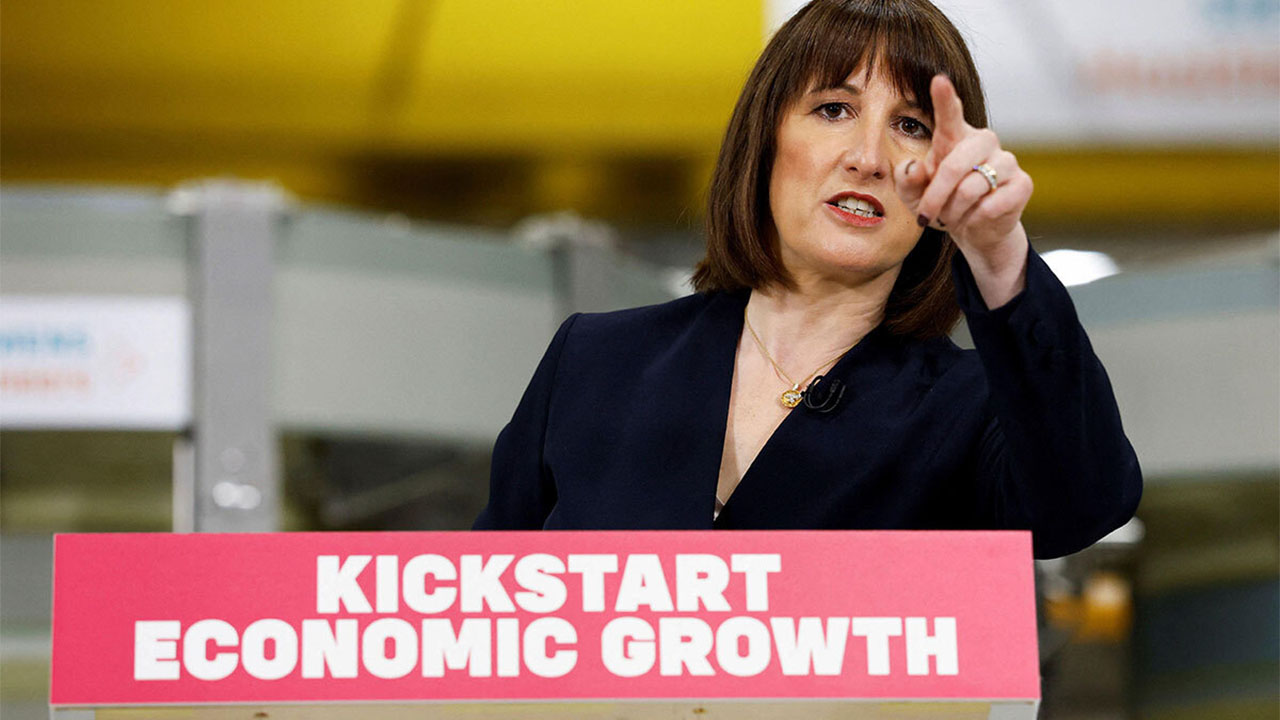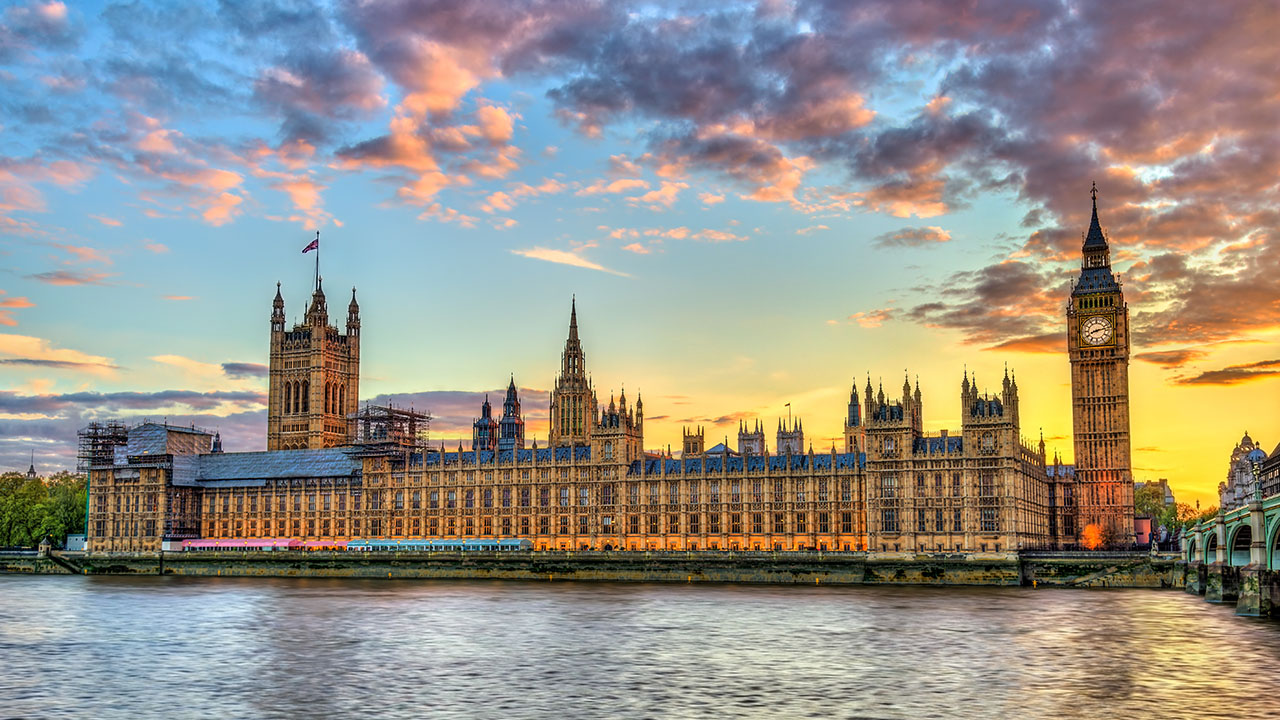2023: Trailblazing or ‘After the Lord Mayor’s Show’?
Words: Kevin Johnson
2022 was undoubtedly a new high-water mark for Birmingham. The Birmingham 2022 Commonwealth Games, following on the heels of the UK City of Culture in Coventry, was a success on just about every measure available, not least in terms of the feet and eyes planted on the city and the positive impressions earned.
The Games created a buzz in and about Birmingham like never before. The level of confidence and excitement is higher than even after the openings of Brindleyplace, Bullring, New Street Station/Grand Central or major international events such as the G8 Summit and Eurovision in 1998.
The challenge is to build on and maintain the legacy, but the evidence is that benefits are being reaped in areas like investment, profile and community cohesion.
At the other end of the Golden Decade, as described by council leader Ian Ward, is the arrival of HS2. Like most trains, it will turn up later than originally scheduled but its construction is already generating jobs and investment.
Perceptions of Birmingham, for too long far below reality, have also benefitted from cultural hits such as Peaky Blinders and the city’s ever improving culinary offer and wider leisure scene. The arrival of BBC’s Masterchef and the broadcaster’s relocation to the old Typhoo Tea factory further boost the region’s creative credentials.
Grade A developments like Paradise and 103 Colmore Row – with the firms re-locating to them – and local transport improvements are changing the urban landscape.
As well as creative and gaming, growth plans are focussed on sectors including electric vehicle manufacture, battery storage, health and medical technology, construction, logistics and distribution and the industries which have led the economic charge in recent decades – professional, business and financial services.
The pandemic and Brexit have both hit Birmingham particularly hard given its economic make up and demographic profile.
Like other cities, global factors such as war in Ukraine and issues with both energy and supply chains make forecasting even more complicated. Long term sickness and increased levels of economic inactivity are having a big impact and making labour markets even tighter.
Birmingham is bouncing back from COVID, but it faces multiple challenges. A return to long term growth is forecast, but the city is still behind the UK rate.
Whilst economic progress was being made pre-pandemic, Birmingham faces many of the same deep problems including deprivation, qualification levels, health inequalities and the productivity puzzle.
Which brings us to Levelling Up. Or whatever the Government want to badge it with tomorrow.
Progress on the Government’s centrepiece policy has seriously lagged the rhetoric. Legislation is making tortuous progress; Bloomberg today reports that Britain’s poorer regions are actually falling further behind London and the South East and regional voices have been in uproar about last week’s allocations from the Levelling Up Fund.
2023 should bring a new, so called, trailblazer devolution deal for the West Midlands. The scale of powers and funding over housing, transport, 16-18 education, careers, international investment and research will tell us much more about the Government’s real intentions and Andy Street’s ability to leverage his political power.
Kevin Johnson is MD of Birmingham-based strategic communications and public affairs firm Urban Communications









